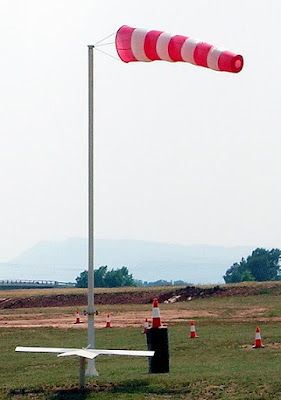Gale means strong wind, especially at sea.
It has an uncertain origin.
I propose: Turkish "yel"
We can begin with Etymologist Nisanyan. He points out a word from Uyghur Language in a very old text: Yel is "a wind that can knock down a ship"
acc. to the link below:
https://www.nisanyansozluk.com/?k=yel
The dialects for Turkish languages offer a very big selection of "YEL" words that are similar to Hungarian szél (wind):
Check it out:
Kyrgisian: cel (read it like dschell)
Altai Turkish: Cel-Salkin
Kazan Tatar: cil (dschill)
Kazakish: jel (read 'j' like in French "Jacques")
I think, my suggestion is a good additional info for a word whose origin is uncertain!
Uzunbacak Adem















